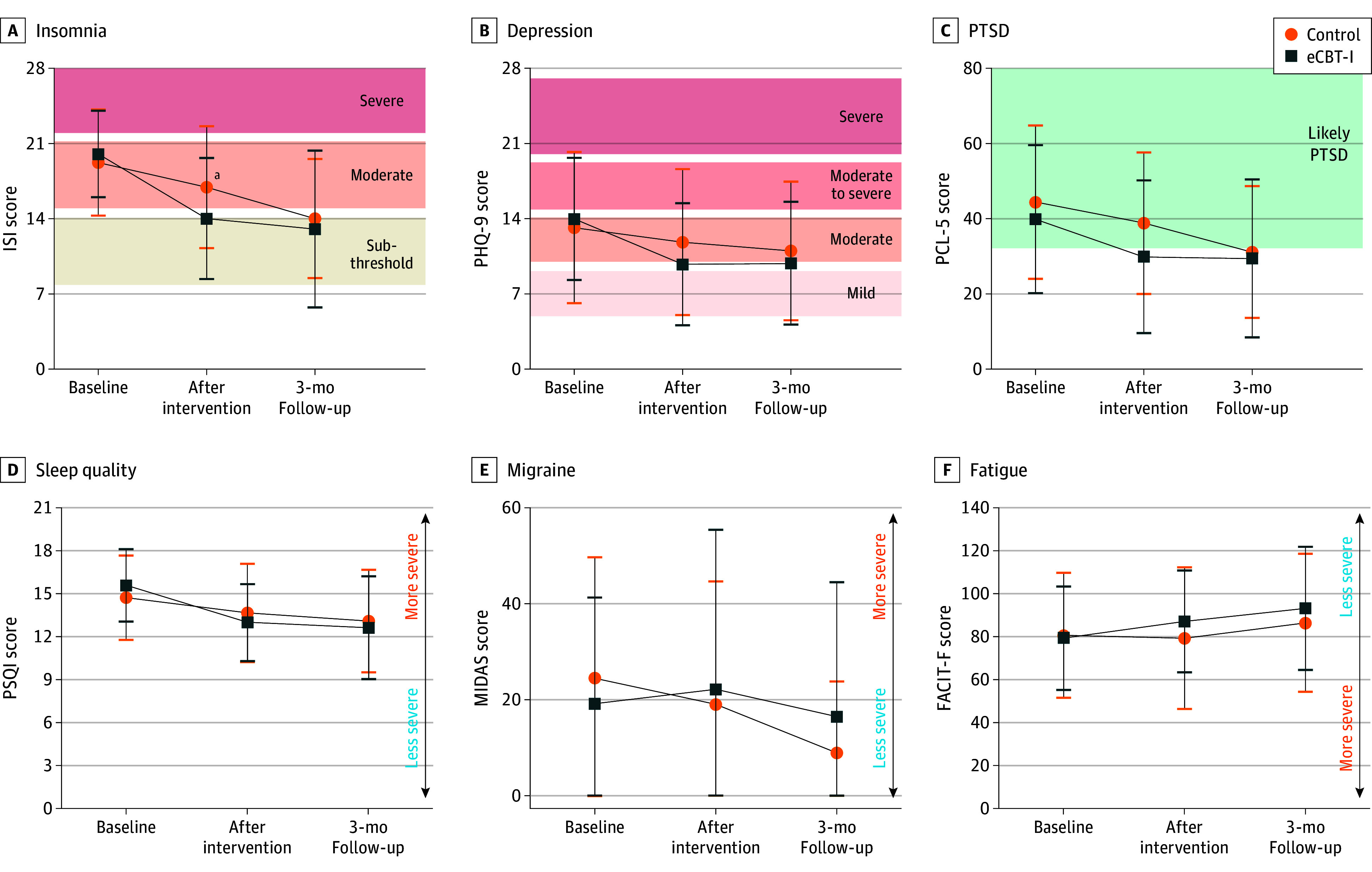Figure 2. Modified Intention-to-Treat Analyses of Primary and Key Secondary Outcome Measures Including All Available Data.

A, The Insomnia Severity Index (ISI) scores range from 0 to 28, with scores greater than 14 indicating moderate to severe insomnia. Self-reported insomnia severity constituted the primary outcome measure. B, Depression symptom severity was measured using the Patient Health Questionnaire 9 for depression symptoms. Scores range from 0 to 27, with higher scores indicating more severe depression symptoms. C, Posttraumatic stress disorder (PTSD) symptom severity was measured using the PTSD Checklist for the Diagnostic and Statistical Manual of Mental Disorders (Fifth Edition). Scores range from 0 to 80, with higher scores indicating more severe PTSD symptoms. D. Self-reported sleep quality was measured with the Pittsburgh Sleep Quality Index (PSQI). Scores range from 0 to 21, with scores of 4 or greater indicating moderately severe insomnia. E, Migraine-related disability was measured using the Migraine Disability Assessment (MIDAS). Scores range from 0 to 60, with higher scores indicating more severe migraine disability. F, Fatigue impact was measured using the Functional Assessment of Chronic Illness Therapy–Fatigue (FACIT-F). Scores range from 0 to 140, with higher scores indicating less severe fatigue. Data were reported as a function of group (internet-based cognitive behavioral therapy for insomnia [eCBT-I] vs education control) and assessment point. Sample sizes were 82 participants for eCBT-I and 24 for the control groups at baseline, 33 for eCBT-I and 17 for control groups after intervention, and 29 for eCBT-I and 12 for control groups at 3-month follow-up. Error bars indicate SD.
aP = .03 for difference between groups.
